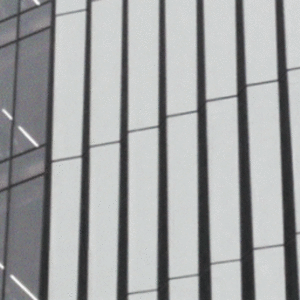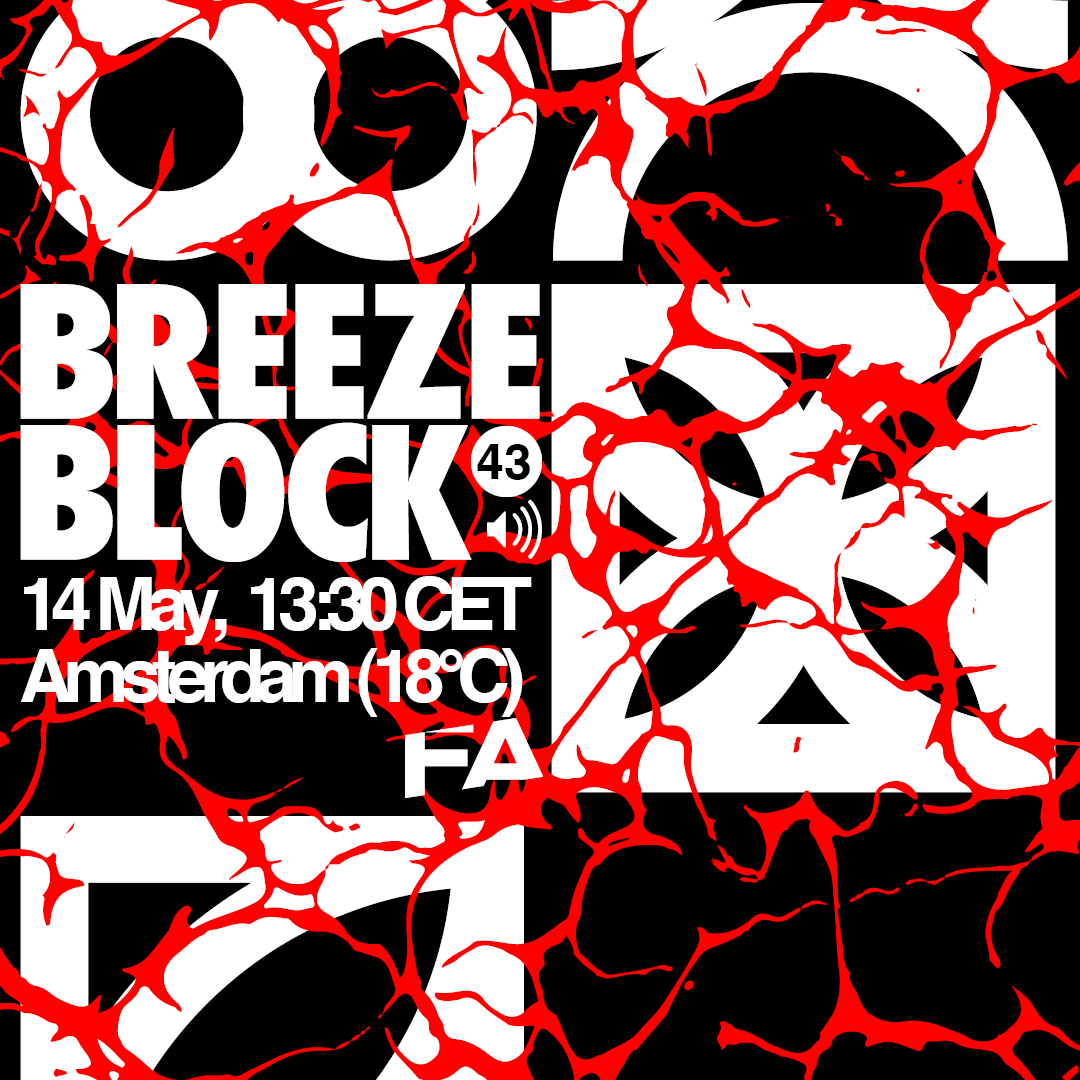Episode Transcript
Speaker 0 00:00:06 Hello, welcome to found architecture, breeze blogs, where our editors share their thoughts on works in progress, urgent matters, and current happenings in architecture and special politics. My name is Charlie <inaudible> today. I'm joined by Karen Monahan and elected organizer from United voices of the world section architectural workers, or saw a grassroots member led trade union for architectural workers in the UK. Hi Carrie. So we're here to talk about the walkout of, uh, saw members from two architectural offices over COVID-19 safety concerns. But first I thought it would be good to talk about UVW soar. If you could just tell us what it does, uh, who represents and how it came about.
Speaker 1 00:00:52 I mean, like you say, he's, uh, UVW soul is a grassroots, um, member led union. So, um, it's run by members for members and it is open to architectural workers in the whole, the key, the mission for, so if you like is to take action to combat the negative impacts of architectural work workers, also in the community and the environment, some of those issues may cover things like who are working conditions over P sorry, normally be overworked and underpaid, unstable employment, toxic workplace, or university culture, and generally just on ethical practice. And the membership is open to everyone who's involved in the process of running an architectural business or education. So, you know, that covers not only architects, but architectural assistants, maybe model makers and then technicians, admin workers, students, visualizers, lancers, cleaners, people that keep the architectural office ticking over. But then, you know, as a member led union, what the things are is this that we achieve our goals through our mutual aid and support. And so we share resources, we help one another through collective casework by hosting training events and running campaigns.
Speaker 0 00:02:03 Presumably this is based on a rank and file approach to trade unions where it's, I guess, more about collaboration and discussing problems collectively, and I guess the coming together of people with share.
Speaker 1 00:02:15 Yeah, absolutely. That's it. It's about supporting actually it's of community. That's all as an immuno. That's what architecture as a profession should be doing to get the best results for the built environment. Anyway. Um, but so often we are quite bad at doing that for ourselves and in the workplace. So that's what this is. This is all about
Speaker 0 00:02:33 Say that I spoke to two of your, uh, fellow members, uh, for the federal architecture podcast episode architects unionize. We put that out just before soar was launched. Um, I think probably timed to coordinate with that, uh, in late 2019. So I was just wondering it's, it's been over a year now. Um, before we talk about the specific walkout, it'd be nice to hear how the first year of activity went. Um, obviously I guess it's somewhat colored by the pandemic.
Speaker 1 00:03:04 The pandemic has obviously brought a year of complete uncertainty and I think crucial for many people that they had the support and representation of other people in the profession because although many employers have behaved reasonably, there's no doubt that during the crisis and this economic downturn, that there's fair tale green for employers to start mistreating workers where directors have a fear of loss prospects and, uh, were profits. The temptation rises to start enforcing, pay cuts, to exploit workers, lay off staff, and just generally neglect their contractual obligations. So in our first year, um, so members of just showing them in support for one another. And I think the, um, we've reaped the rewards from that. As you can see the results with one 75,000 pounds through employment tribunals, um, another 25,000 pounds has been obtained by members through settlement agreements. We've had something like 60 members that have engaged in 750 hours of solidarity meetings and supporting one other people who have fallen victim to unfair treatment in what place, uh, we've written to employers directly on behalf of our members, challenging them.
Speaker 1 00:04:17 Um, we've run public campaigns where necessary to support members. And generally we've opened the conversation around what police rates through cheating setting up, what police, bruh punches and enhancing regional support. I think in architecture, particularly like few other professions that architecture cultivates this idea of individualism. You know, we still think about this he'll figure in architecture, this elusive genius at the top, and that I think reading Supreme in our architectural consciousness so that it can generate a culture where those who do make it to the top frequently believe in this idea of a meritocracy that, you know, everybody can make their own fortunes and that your sex race backgrounds and circumstances have no beating on your individual power to make it in the industry. And that couldn't be further from the truth. So I think COVID-19, if we are to look at it positively is an opportunity to think carefully about that, that culture and to, I think it's revealed the limitations of individualism more clearly than any event in recent history this year, we've all lost social connections.
Speaker 1 00:05:28 We've lost our daily interaction with our friends and our colleagues, even our family. And now more than ever before, I've never been more certain of our dependency when our connection with our peers. So for me, this is really a time where every single human being needs, social solidarity, mutual aid and support. And, uh, how can we use this crisis to faint pear in the collective? So, you know, the reality is it can't be done in a union of woman, especially if that's a fringe movement, it needs to start integrating practices up and down the country. And real change depends on high participation and we need to unite rather than be debated. So it depends on the willingness of workers to connect with their coworkers and really believe in an alternative. So I think we can all stand together and build a more sustainable future for the industry that just doesn't tolerate elitism exploitation on glue working standards.
Speaker 0 00:06:23 So on that last point, uh, that brings up the more specific COVID-19 demands saw as issued. Could you talk a bit about these demands and how much they've measured up to the experience for architectural workers in practice? Um, like how have employers been that concerned about upholding staff safety during the pandemic?
Speaker 1 00:06:42 Yeah, I mean, talking about psoas demands, I think it's really simple, uh, and it's really reasonable demands. The thing that we want more than anything as for workers to be treated fairly and lawfully. And we, we need to see respect from employers, for workers safety, for their wellbeing and our willingness to support staff and help them navigate the challenges that the crisis poses. So, I mean, I think we can see from the number of members who have had to reach out for solidarity meetings, that there's been, you know, a real surge in people being treated unfairly and being treated unfairly to the point of breaking where they feel they need to reach out for support or make a change. So my, my view is that many people have had really bad experiences, um, in the last year that that's directly related to the behavior of their, their management. Sure.
Speaker 0 00:07:42 That that brings us to this, uh, recent walkout. So, um, as reported in an article by building design online, which, which we'll link to UVW saw members at RIBA chartered practice on architecture recently refused to return to work after they were told to go into the office each day, uh, this, despite the COVID-19 pandemic and national lockdown in the UK since then, uh, on architecture have conceded that their employees will now be allowed to work from home. It'd be good. If you could explain what saws involvement has been in this action, uh, how it came about and what organizing had to happen for it to take.
Speaker 1 00:08:22 Sure. Yeah. Yeah. I mean this week we saw a group of workers who came together and they stood up for the very basic and reasonable rate. And that rate was to a safe working environment, which I think it's important to mention as well. It doesn't just cover your workplace environment, but the commute to, and from the workplace. And they were, as, as it's been reported, they were being asked to live. There'll be forced to continue to travel, uh, to the workplace and told that they may face disciplinary action if they didn't do that. So the way this walkout, as you please it came about really was it started with a simple conversation between the workers, you know, that they came together and there was a shared belief there too, that they needed to take action to challenge these unfair working conditions. And then it was really a question of how the could begin to organize themselves and approach management collectively to protect each of them from any repercussions and on what Sol did.
Speaker 1 00:09:23 It really was a system just through some meetings and support talking to them, hearing their concerns and providing some legal advice and resources that led them to individually exercise their rates to a safe working environment. And so broadly I think the aims of Seoul and our main task really is about empowering workers to make these changes for themselves. And that's what we witnessed this week. We saw it happening. It was inspiring and it was effective. It's inspired others to start coming forward from other workplaces, people who feel similarly trapped in your situation. And I know at a point where they're ready to start building their practice to a king and upholds their rates collectively and supportively,
Speaker 0 00:10:09 I guess it's kind of contained with what you said already, but, um, it'd be maybe as a final thing, good to get your impression of, uh, what the future holds for organizing in the architecture profession. And what I saw is specific, uh, long-term plans are.
Speaker 1 00:10:24 Yeah, yeah. I mean, we're really at the start with all of this. I think there's more to come in terms of issues that are, that that workers are facing with COVID-19 and then beyond, and really what the, the goals of, um, so are for the immediate long-term future, uh, to set up more workplace branches, which is kind of organized factions within workplaces, where workers come together in a group and really to normalize a trade union membership in the patient and establish more organized workplace branches, uh, that can take this preemptive measure and prevent workplace disputes in the first instance. And they can challenge things like unfair pay cuts, exploits of working hours, you know, they can support one another through redundancy processes. If that type of thing has to happen, that the workers have to really equip themselves with the tools to inoculate themselves against this other epidemic, which is bad bosses. So really that's our goal is to set up local branches, regional support, and start to begin to build networks where people can have these conversations for themselves and take one mothers' PM typically.
Speaker 0 00:11:29 Great. I guess all that remains is to ask how people can join and get
Speaker 1 00:11:34 Involved. Yeah, you can join, take a look at our website. You can follow us on Twitter and Instagram. See what we're doing. A membership fee is 10 pounds a month. There's sometimes open meetings, keep an eye out for those branch meetings where you can come and have a chat and see what kind of things are happening in the union. Even prior to joining. And we're hopeful that there will be more local and regional meetings taking place that are kind of specific to the concerns of individuals in certain areas of the UK as well in the, in the upcoming year. So always you can get in touch. And also we're running a series of outreach programs. We speak to universities and there are some lecture series and things like that. So keep an eye out for those in the press as well.
Speaker 0 00:12:22 And if you're outside of the UK, but still interested in union organizing in the architecture profession, uh, we'd also recommend architecture lobby whose website is architecture-lobby.org. Or you can get in touch with us at Feld architecture, and we'd be happy to help look into what organizing is happening in your country.


